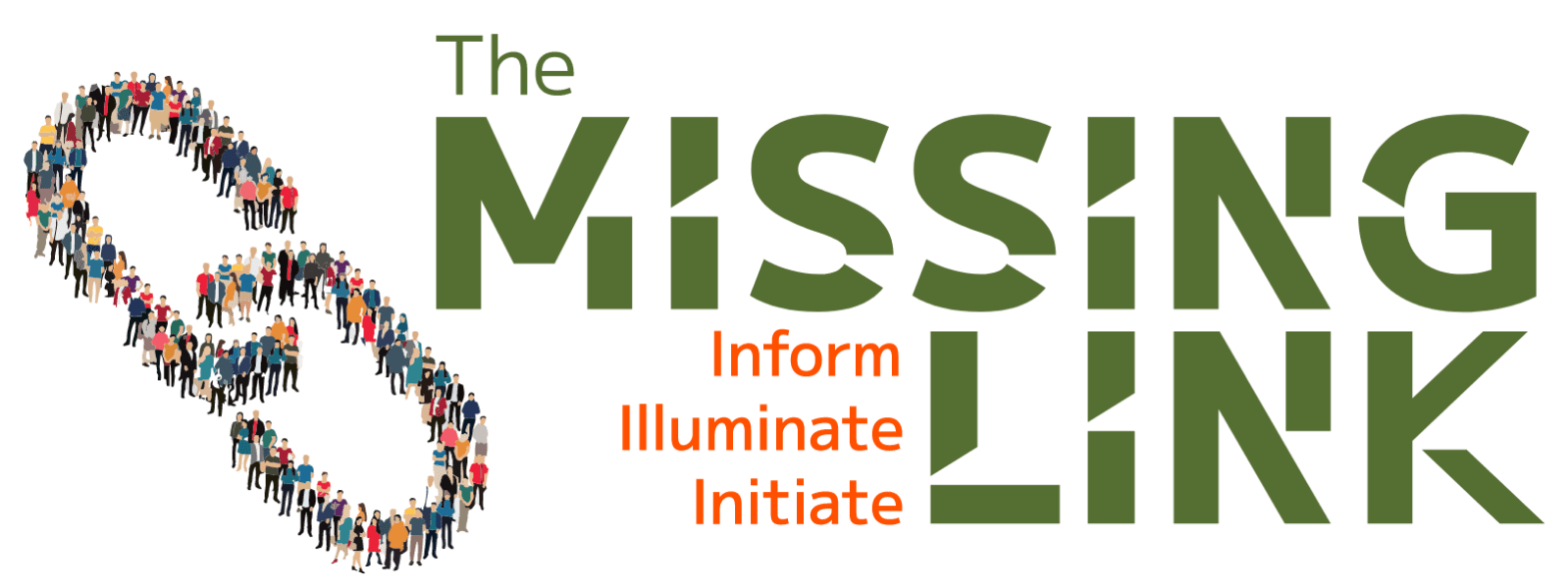The phrase “Mind the Gap” was coined in the late ’60s to warn London Underground train passengers to pay attention to the gap between the railway platform and the rail car as one gets in and out. It calls out for caution—or in other words, to be mindful.
In today’s fast-paced, hyperconnected world, it’s easy to miss subtle cracks in the foundation of our well-being. We juggle deadlines, devices, and demands—often ignoring the quiet signals from both mind and body. “Mind the Gap“ is a reminder to pay attention to the small but significant aspects of health that often slip through unnoticed.
In the busyness of our lives, we often tend to forget the importance of both physical and mental health. A sound mind and body often lead to a healthy life. Are they related? Yesss…
“Mind the Gap“ is a silent call to be mindful… of both our physical and mental health.
The Bible has many references that emphasize the importance of a sound mind—Proverbs, King David. Paul, in his many letters, delves into the connection between God and our mind and soul.
As we navigate the dynamic chapters of life after graduation—careers flourish, families grow, responsibilities multiply—it’s easy to overlook understated yet crucial gaps in our overall well-being. “Mind the Gap“ is a call to pause, reflect, and bridge these often-neglected spaces, ensuring a balanced life in body, mind, and spirit.
1. The Growing Gap: Neglecting Health as We Age
In the rush of mid-career and family demands, health often takes a back seat. As we age, the silent erosion of physical vitality—whether in the form of creeping weight gain, reduced flexibility, or unchecked stress—can set in unnoticed. Regular health check-ups, mindful eating, adequate sleep, and moderate exercise aren’t luxuries; they are investments.
“I love deadlines. I love the whooshing sound they make as they fly,” is a quote by Douglas Adams, the English author, humorist, and screenwriter—who sadly died of a heart attack due to undiagnosed coronary artery disease at 49 years of age.
We can…
Commit to an annual health screening and incorporate at least 30 minutes of movement into your daily schedule. Your family will thank you.
2. Nurturing Healthy Relationships with the World Around Us
Our interactions with colleagues, friends, and family deeply shape our emotional health. In a hyperconnected yet often isolating world, cultivating authentic relationships is vital. At work, nurture collaboration over competition. With friends and family, prioritize face-to-face conversations over digital exchanges. Healthy boundaries and empathy prevent burnout and emotional exhaustion.
Keep in mind that God has created us to have healthy relationships. The Bible refers to numerous examples of both successful (David–Jonathan, Paul–Timothy) and failed (Saul–David) ones. We need to learn from these real-life characters.
We can…
Set aside at least one hour weekly to reconnect meaningfully with someone—whether a colleague, a long-lost friend, or a family member—without distractions. Work on regularly mending relationships.
3. Bridging the Spiritual Gap: A Relationship with Our Creator
In the frenetic rush of daily life, spiritual nourishment often becomes an afterthought. Yet, a healthy connection with our Creator offers deep-rooted peace and perspective. Whether through prayer, or meditation on His Word, or helping others, nurturing spirituality daily grounds us amid life’s uncertainties.
We can…
Begin or end the day with a few moments of quiet reflection or gratitude—firstly thanking God for His grace and mercy that carried us throughout the day. Pray for the people with whom you interact—even though not all may be our well-wishers, still, pray for them. The Bible teaches us its importance through Jesus’ life.
Bridging these gaps isn’t complicated. Just be mindful and put it into practice with care—just like the passenger who gets in and out of the rail car onto the rail platform.

